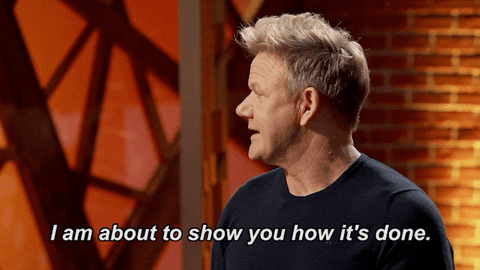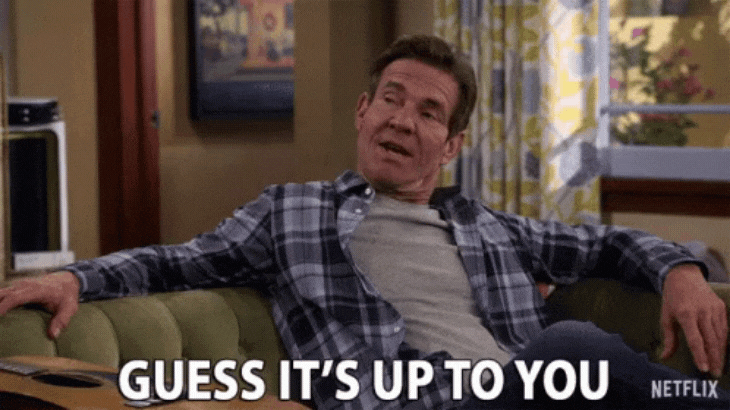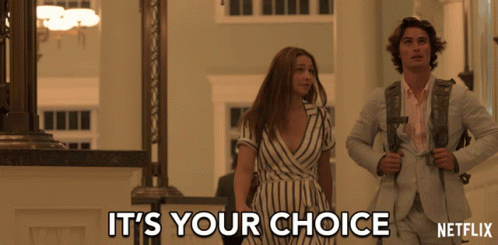If you’ve heard about leasing in the past, you may be under the impression that you can do it with only a brand-new car. But while used car leases are rarer than those for new cars, it is possible. In fact, it can even save you some money.
If you’re looking into leasing a used car, though, it’s wise to make sure you understand all the ins and outs, including any risks and things to look out for.


How does leasing a used car work?

Leasing, also known as personal contract hire (PCH), is similar to renting a car. First, you have the option to put down an initial payment, like a deposit, then you make fixed monthly payments in return for access to a vehicle.
The way leasing differs from some other types of car finance is that you will not own the car at any point. Once the agreement comes to an end, you simply hand the car back to the lease company.
Over the years, leasing has become more popular, as it’s a hassle-free way to drive the car you want and ideal if you like the idea of driving something different every few years. There are also other perks, such as road tax usually being included in the deal.
The process of leasing a used car is really as simple as leasing a new one. Decide on the car you want and the length of time you want to lease the vehicle (the contract term), then estimate your annual mileage.
Your initial payment – if any – and your annual mileage allowance will both have an effect on your monthly payments.
If you pay more upfront, you’ll pay less monthly. And, as you’re effectively only paying for the depreciation of the car throughout the lease, the lower your annual mileage allowance, the lower your payments will be, as the car will depreciate less when covering fewer miles.
Be careful not to predict too few miles, though, as if you exceed your allowance, you’ll pay for it with excess mileage charges at the end of your contract.
At the end of the agreement, you hand the car back to the lease company and, providing you’ve kept to your lease terms, you’ll have nothing more to pay.
What should I consider before applying for a used car lease?

The main reason most drivers will opt for leasing a used car rather than a new one is simple: the cost.
However, it’s important not to focus too much on your monthly payments, as there are other costs that need to be considered with a used car lease.
For example, repair bills. A used car may no longer be under a manufacturer’s warranty, therefore you’ll have to foot the bill if anything goes wrong – unlike in a new car where the majority of costs are covered.
So, before you choose a used car, check to see if it’s had routine maintenance and servicing. And make sure it’s in good working order when you take delivery – like Hippo Leasing’s Approved Used range which must pass a stringent 275-point check before going on sale.
Another thing to consider is the cost of running. Yes, your monthly payments may be lower with a used car, but the engine will likely also be less efficient – costing you more in fuel.
A good rule of thumb is to determine exactly how much you want or can afford to spend on your car each month and ensure the vehicle you’re looking at fits within those parameters – as that’s what the lender will do when deciding whether to approve your credit application or not.
What are the benefits of leasing a used car?

Really, the advantages of leasing a used car are similar to leasing a new one, with the added benefit of it being, in most circumstances, even cheaper.
The cost
As a used car typically costs less than a new one, it’ll lose less value over the course of the lease. And less depreciation means lower monthly payments.
Can choose a higher level model
A big factor in the cost of leasing is the car you want to lease. When you lease a used car, you can raise your sights to a better model than if you were looking solely at new and still save money.
In fact, with higher-end cars, such as BMW, Mercedes-Benz or Audi, which hold their value well, you can usually get yourself a good deal.
No resale worries
Although this applies to new car leases too, it’s arguably even better when you lease a used car.
Often selling on a second or third-hand car can prove more difficult than a newer model, but with a lease, it’s not something you need to worry about. When your lease ends, simply hand the car back and walk away.
Should I buy or lease a used car?

The question of whether you should buy or lease a used car usually comes down to one thing – do you want to own the car?
Both are affordable ways to get hold of the car you want. However, leasing is generally cheaper, because you never pay for the full value of the car.
It’s also more flexible – you never need to worry about depreciation and, if you opt for a maintenance package, you don’t even need to think about most repair or servicing costs either.
If you choose to buy a used car through personal contract purchase (PCP) finance instead of PCH, however, you could have the best of both worlds, as you can benefit from lower monthly payments and have the option of either handing the car back at the end of the agreement – like a lease – or paying a large balloon payment to keep the car.
In some cases, a PCP deal can actually be cheaper too, so it’s a good idea to look at all your options before you decide.
On the other hand, if you decide to buy a used car outright in cash or on hire purchase, there are no mileage stipulations to worry about and you can modify the car how you wish.
Plus, you’d own the car at the end with no further financial obligations, aside from running costs.
However, if you choose hire purchase, the monthly repayments are usually higher than with a lease deal, and if you wanted to sell the car, you’d have to consider the cost of depreciation.
So whether you buy or lease a used car will depend on a number of factors, including your personal preferences, financial situation and what fits your lifestyle best.
Should I lease a new or used car?

Again, just like whether you should buy or lease, whether you choose to lease a new or used car will come down to personal preference.
Generally speaking, leasing a used car will lower your monthly payments, as the value of the vehicle is lower. However, you’ll have to bear in mind that the car is older and may be susceptible to more repair needs than a newer car.
Of course, with a lease deal, you can also choose to add a maintenance package, which will alleviate the worry of unexpected repair bills.
New car leases, meanwhile, will get you a brand new car with the most up-to-date tech and equipment. It’ll also be under manufacturer’s warranty and, if you only take out a one, two or three-year lease, it won’t need an MOT.
As well, sometimes, new car leases aren’t even that much more expensive. It all depends on the car and your circumstances.
Can I lease a used car if I have bad credit?

Even though you’re leasing a used car, you’ll still be subject to all the eligibility checks that lenders usually carry out. And that includes looking at your credit report.
Generally speaking, if you have a poor credit rating, it’ll suggest to the lender that you may be a financial risk and you may not be able to meet your obligations. It’s not the only factor they consider when choosing to accept your application or not, but it is one.
In order to give yourself the best chance, take some time to do a credit report spring clean.
Bring any outstanding bills up to date, register on the electoral roll and pay down as much debt as you can.
By doing everything you can to bring up your credit score, you’ll be in a much better position when the time comes to apply for your lease.
Find out if you’ll be approved for a lease in minutes without affecting your credit score
Of course, if you’d rather not wait or indeed can’t, it’s easy to find out if you’ll be approved for a lease without affecting your credit score.
Simply click Apply Now below, fill out our short form and we’ll let you know within minutes whether you’ve been approved.

 Special Offers
Special Offers

 21st October 2022
21st October 2022  8 min read
8 min read  Dec 3rd, 2021
Dec 3rd, 2021 5 min read
5 min read




